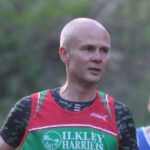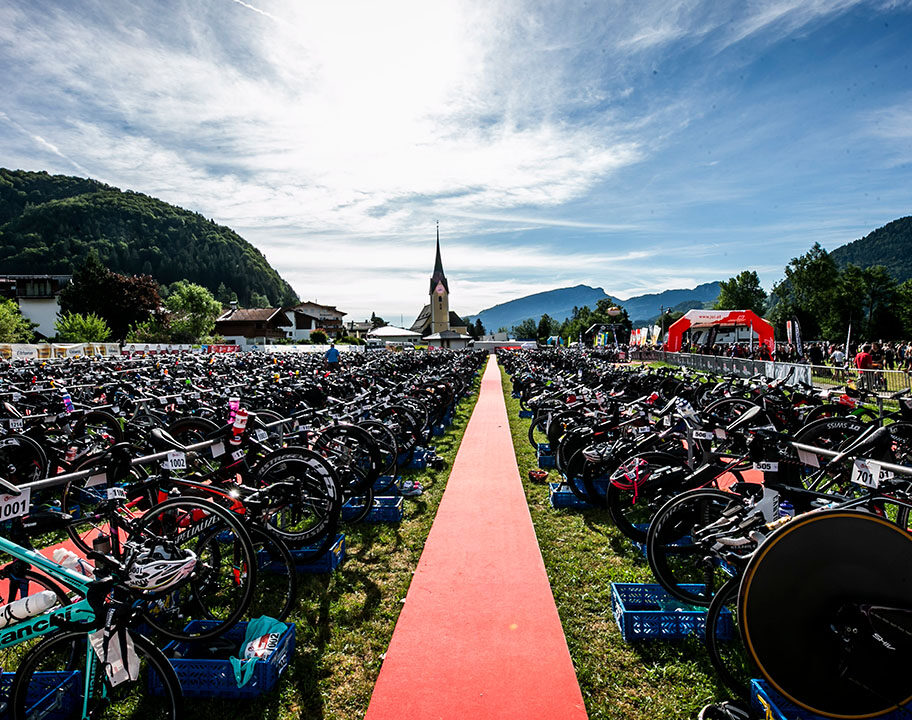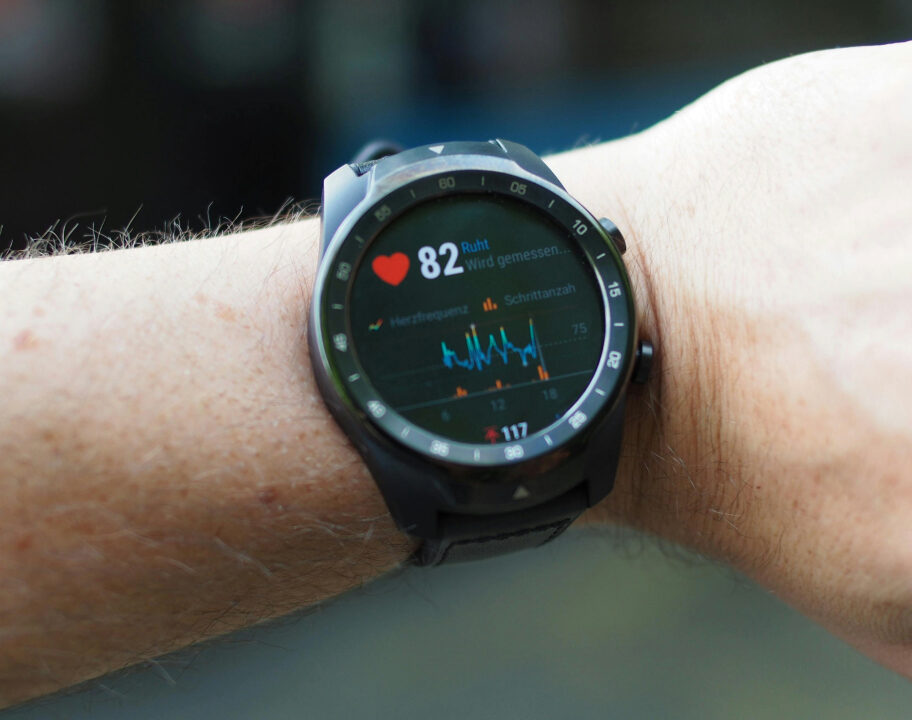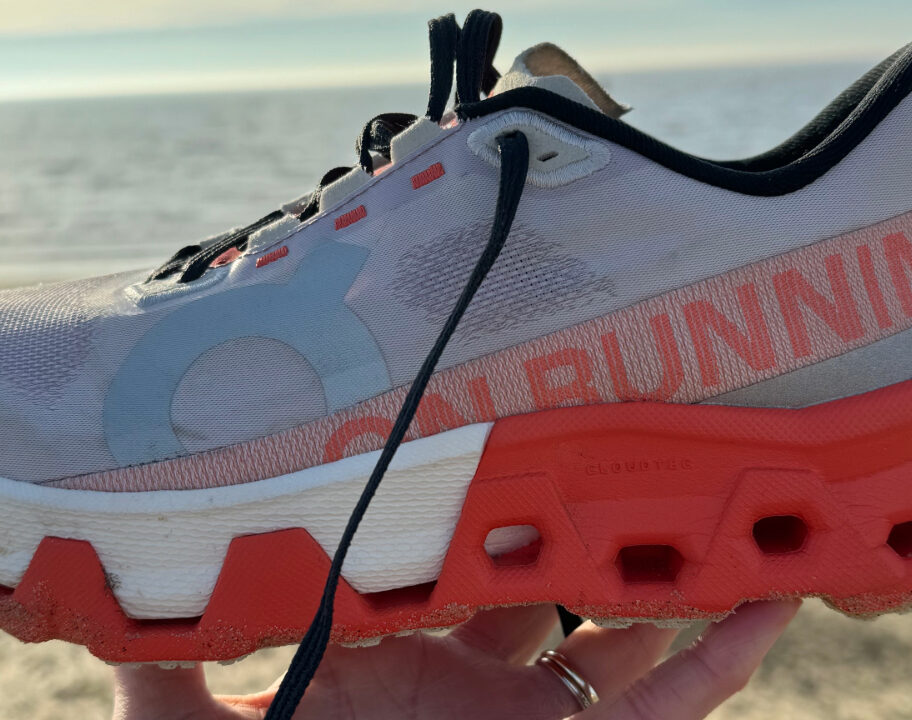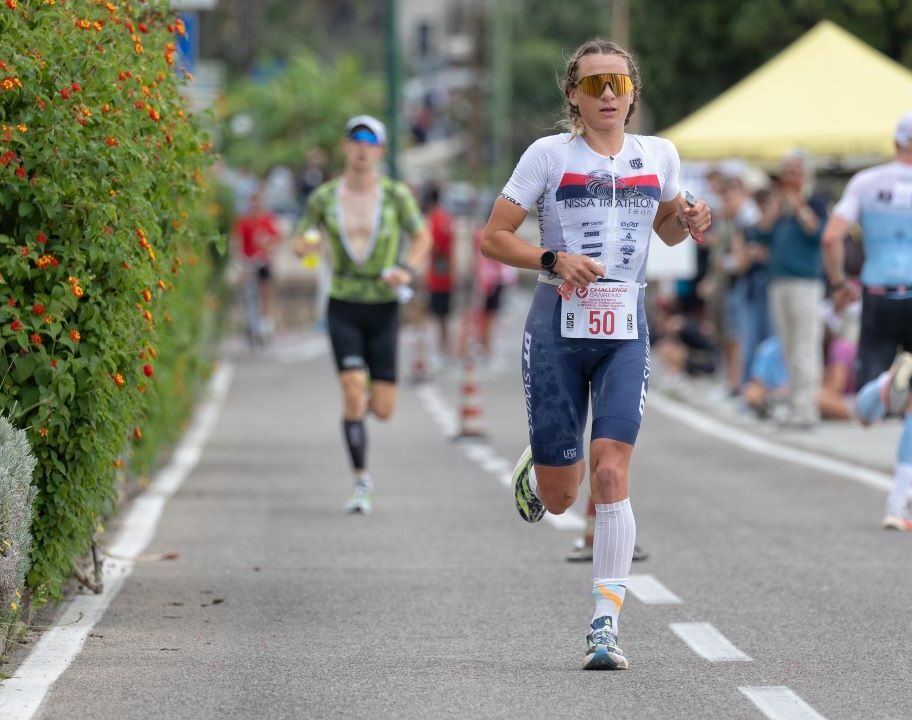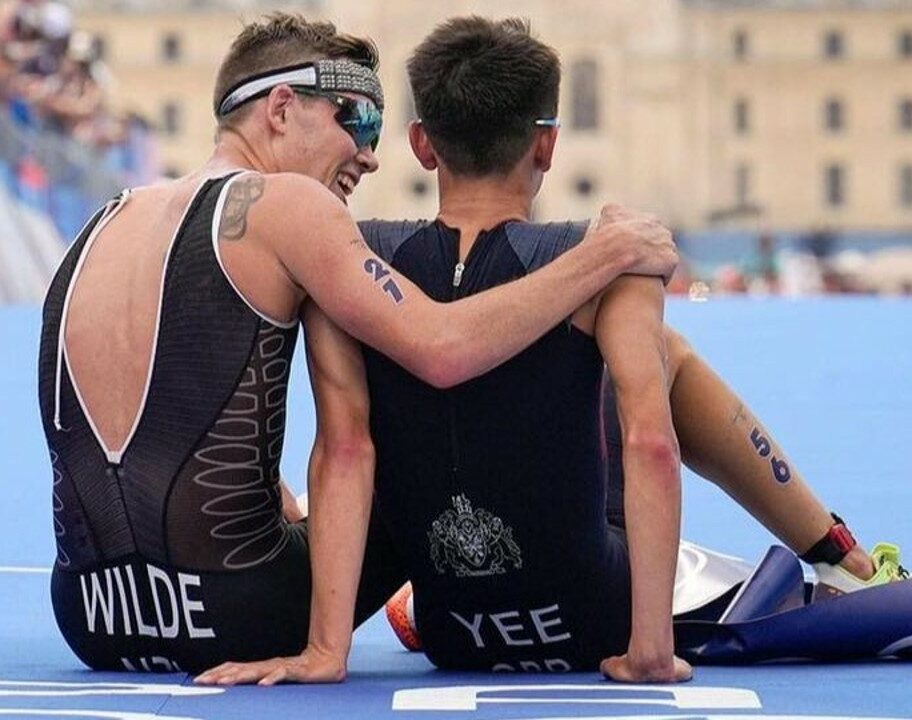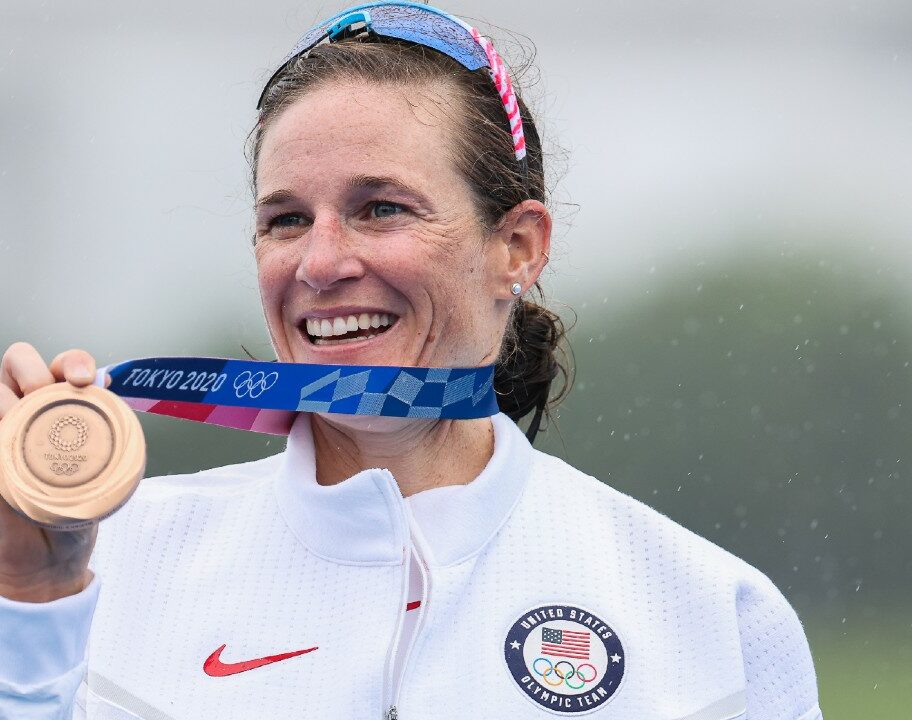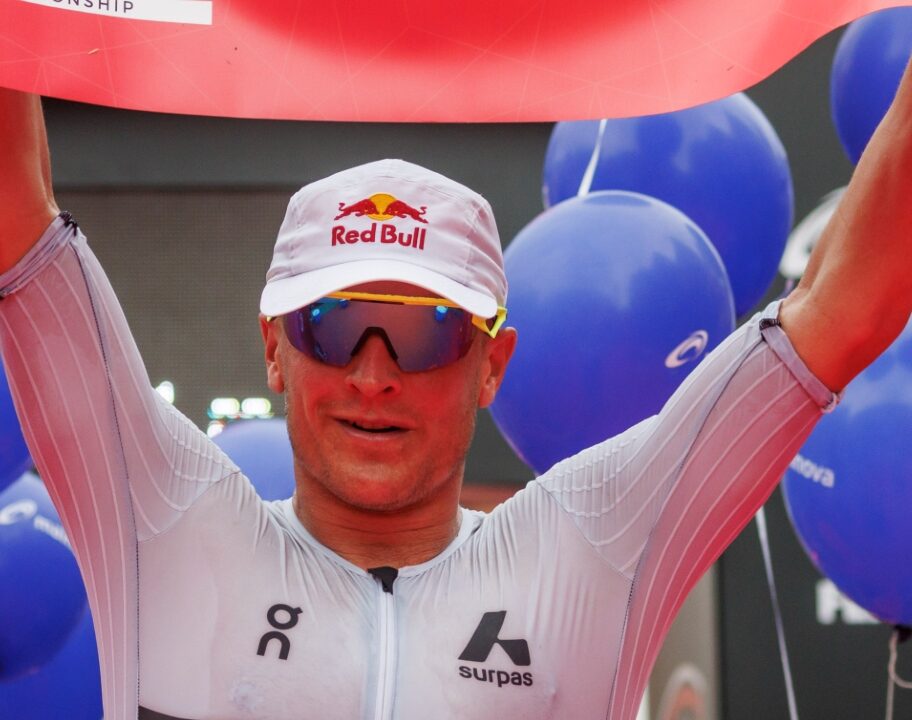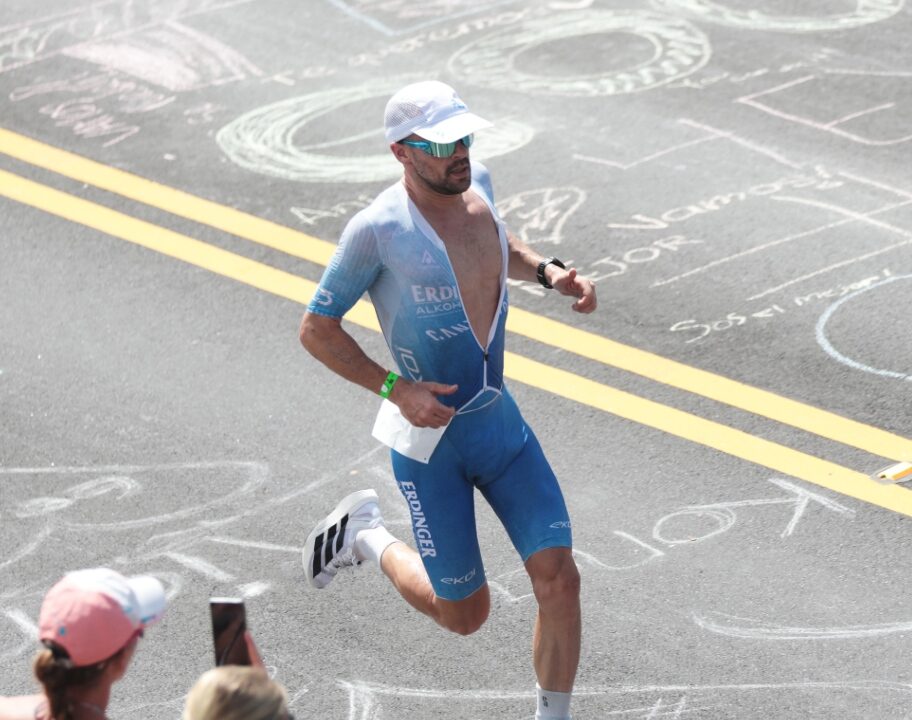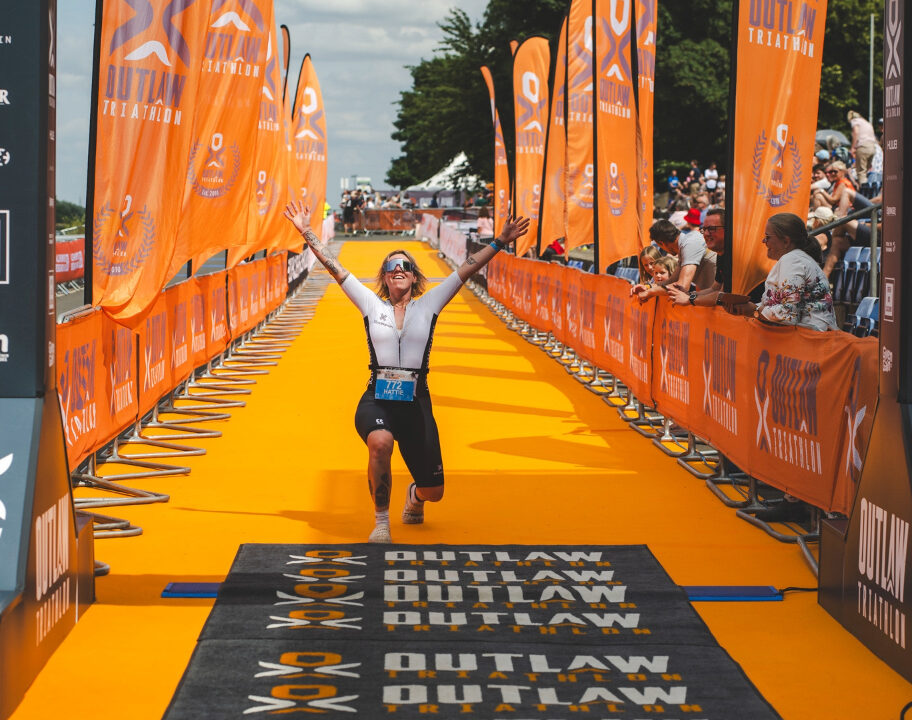Alex Yee emulated triathlon legend Alistair Brownlee by winning Olympic gold this summer in Paris and British Triathlon’s Performance Director Mike Cavendish hopes his performance – and that of Beth Potter in the women’s race and the whole Mixed Relay squad – can now have the same long-lasting legacy.
Yee has a glorious chance of also becoming World Champion for the first time at the WTCS Grand Final in Torremolinos next week, something Potter achieved 12 months ago to crown an incredible switch of sports from 10,000 metres on the track to swim, bike and run.
And Cavendish believes their exploits will now help inspire the next generation of British talent – with Yee himself having been galvanised by watching the Brownlee brothers at London 2012 when he was just starting out on his own triathlon journey.
‘Come full circle’
In the second part of in-depth interview with TRI247 [click here for the first], Cavendish told us: “For Alex in particular, to be able to come full circle and emulate Alistair is a huge story and something that I think we’ve just got to tell.
“Obviously, he won an individual silver medal in Tokyo, but he wanted to go one step better this time.
“And Beth will tell a similar tale of watching triathlon. All right, not on the roadside at London 2012 like Alex, but watching triathlon and meeting Alistair and Jonny and getting inspired in the same way.
“I was with her and the track and field team in Rio and I remember how awful an experience she had in Rio. We had a lot of illness in the village and she was one of a number of athletes who were ill.
“So not only has she come from one sport to another, which in itself is a massive thing, but then to have that kind of redemption story from her previous Olympics and hang tough through this entire cycle, become World Champion and then to come home with two Olympic medals is an incredible achievement.
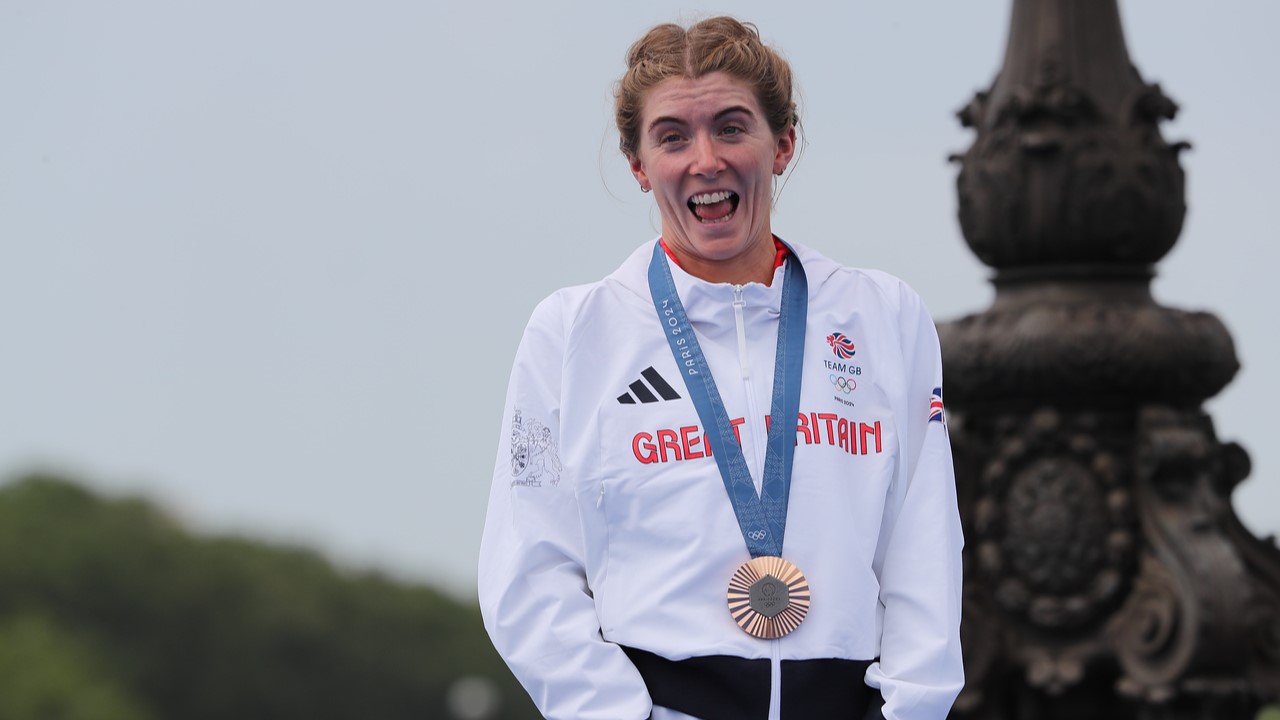
“I think this sport will forever be thankful for the legacy that the Brownlee brothers in particular have laid down. And we hope now that Alex and Beth, plus Georgia and Sam [Taylor-Brown and Dickinson who made up the relay quartet] have that same legacy for LA, Brisbane and beyond.”
‘I think we made that race’
And interestingly Cavendish said it was the Mixed Relay bronze medal – after that epic three-way sprint finish with Germany and the United States – which remains one of his defining moments of the Games.
He explained: “I’m possibly prouder of that relay performance than I am of Tokyo, albeit we won gold there.
“We didn’t go into this one as favourites. That was clearly France, though I know they had a mishap on leg one.
“We also didn’t have the [advantage of] Jess Learmonth on leg one this time – it was obvious in Tokyo the way that we were going to try and win that, but we didn’t have that this time.
So we just needed the guys to go out there and to properly commit to a plan that was quite high risk and wasn’t going to be particularly easy – but I think we made that race.
“We didn’t end up winning it, but to go out and to absolutely hammer it from the outset, which is basically what we set them up to do, I’m super proud of them. I’m obviously proud of all the medals, but that one, for me probably is the one that stands out more than anything else.”
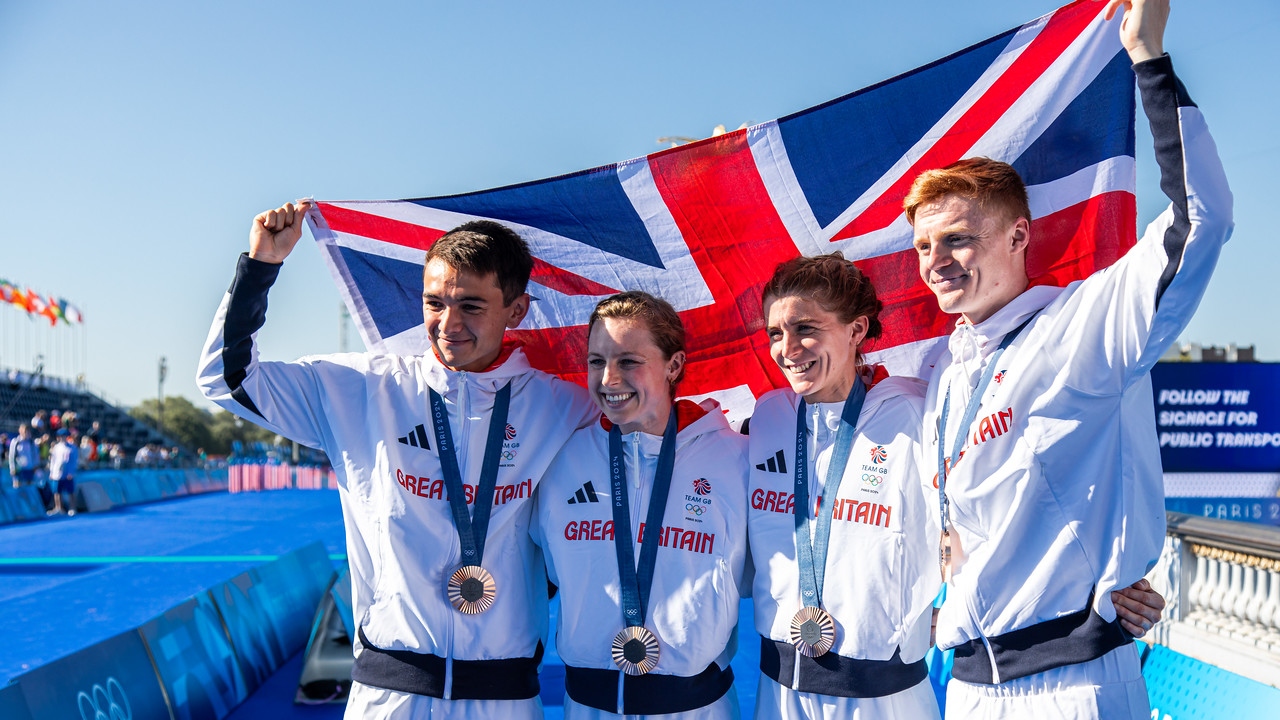
In the mix for every gold
Reflecting on the Olympics as a whole, Cavendish added: “I’m really happy at what we achieved. It was a short three-year cycle, we had some really tricky decisions to make around selection [much more on that to follow in the next parts of this interview] so to come out of it with the level of success that we did was great.
“Not only did we come out of it with three medals, but we were right in the mix for winning all three of those right up until the end as well.
“Olympic medals of any colour are unbelievably difficult to win.”
It all leaves British Triathlon in a strong position, with Cavendish explaining how the funding for future Olympic cycles is determined: “The way our relationship with UK Sport works is that they don’t base our funding moving forwards on the results of [just] the last Games.
“They generally tend to base it on a trend of how you’ve been doing over the last two or three Games and then equally look at how you operate and your trajectory moving forwards. Particularly in a sport like triathlon, anything can go wrong which could be no reflection at all of how good or otherwise the programme is operating.
“So we didn’t go in with any specific targets but went in there hopeful that we would be able to medal in every medal event and that’s what we were able to do.”
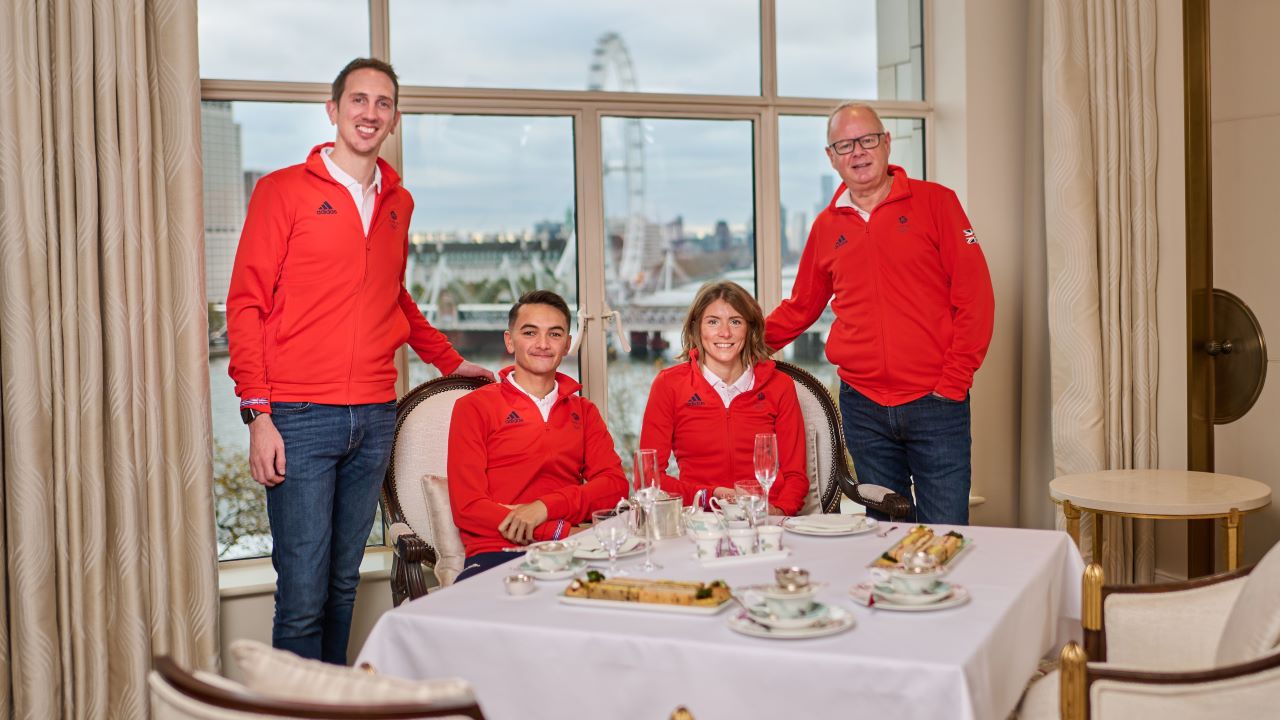
- Next up with Cavendish is a look ahead to Los Angeles 2028 as well as his considered reaction to two of the big Paris talking points – the GB selection process beforehand and that River Seine water quality.

